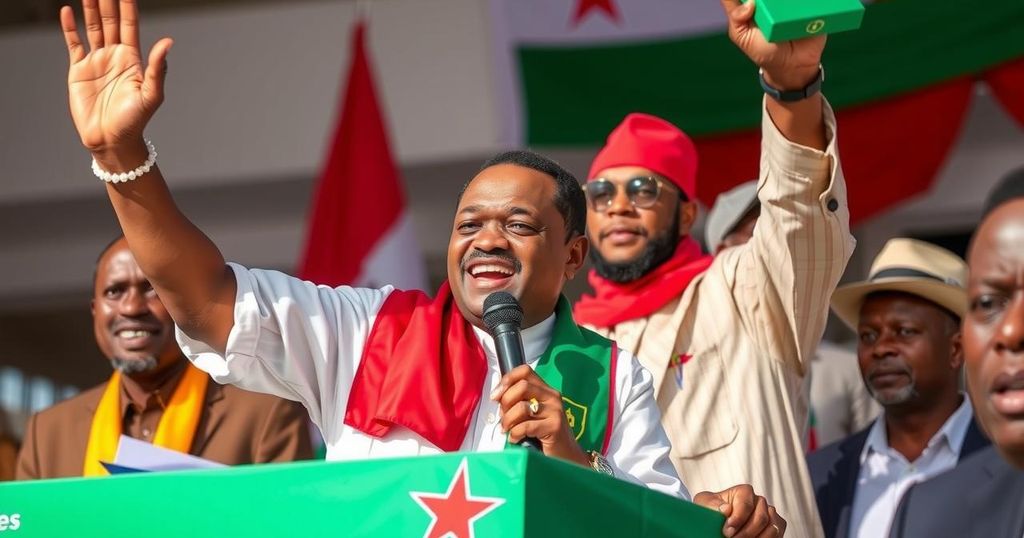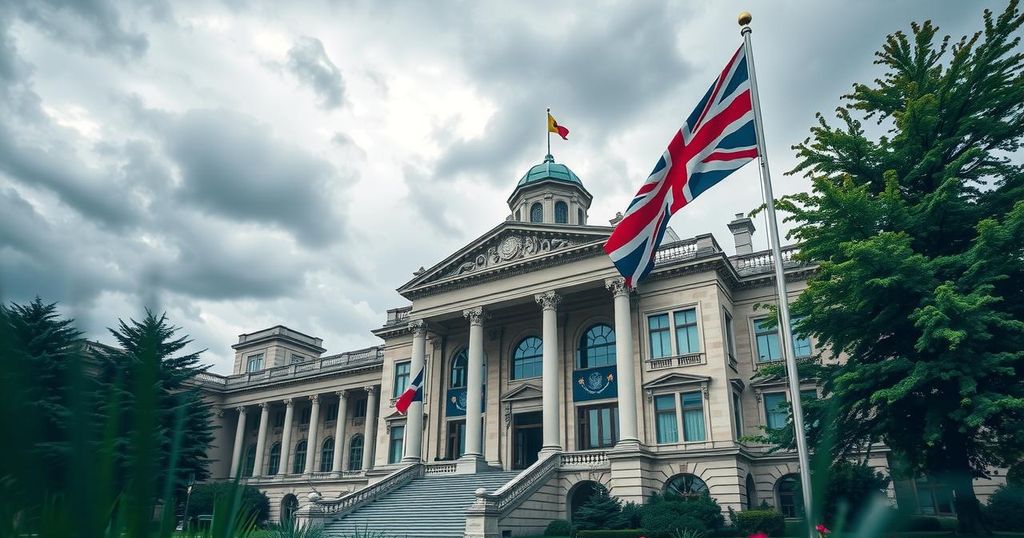Chad’s Ruling Party Secures Parliamentary Majority Amid Opposition Boycott
Chad’s ruling Patriotic Salvation Movement party won 124 of 188 seats in a parliamentary election boycotted by the main opposition. The election, with a 51.5% voter turnout, marks the first parliamentary vote in over a decade. President Mahamat Idriss Deby aims for decentralization, but the opposition has labeled the electoral process as illegitimate and concerns remain about the transition to democracy in Chad.
In a parliamentary election held last month in Chad, the ruling Patriotic Salvation Movement party secured a significant majority, winning 124 of the 188 available seats. This election was notably boycotted by over ten opposition parties, including the main opposition faction, the Transformers party, led by candidate Succes Masra, who previously placed second in the presidential election. Voter turnout reached 51.5%, as announced by the electoral commission head, Ahmed Bartchiret. This election marks the first parliamentary vote in more than a decade and is seen as part of the transition to democracy initiated after military leader Mahamat Idriss Deby assumed power in 2021 following the death of his father, the long-serving president Idriss Deby Itno.
President Deby described the election as a step towards the decentralization of power, reflecting a desire among the Chadian populace for more local governance. However, the opposition has dismissed the election process as a mere charade, expressing concerns that it might mirror previous unfair elections, such as the disputed presidential vote. Despite the boycott, the ruling party’s victory is expected to solidify President Deby’s authority in a nation grappling with various security threats, including militant activity from Boko Haram and shifting diplomatic ties, particularly with France.
Chad has experienced significant political tension and instability, especially after the passing of longtime president Idriss Deby Itno in 2021, who ruled for thirty years. His son, Mahamat Idriss Deby, took control as a military leader and promised a transition towards democratic governance. The recent parliamentary election was a crucial event in this transitional phase, held alongside regional and municipal elections, and was the first of its kind in over ten years. The landscape of Chad’s political arena is marked by opposition dissatisfaction, particularly regarding election credibility and the ruling party’s dominance.
The recent parliamentary elections in Chad have yielded a decisive victory for the ruling Patriotic Salvation Movement party amidst a boycott from major opposition parties. This outcome raises questions about the legitimacy of the electoral process and highlights ongoing concerns regarding democratic reform in Chad. As the nation confronts significant security challenges, the consolidation of power by the ruling party may influence the political landscape and the prospects for meaningful change in governance.
Original Source: abcnews.go.com




Post Comment